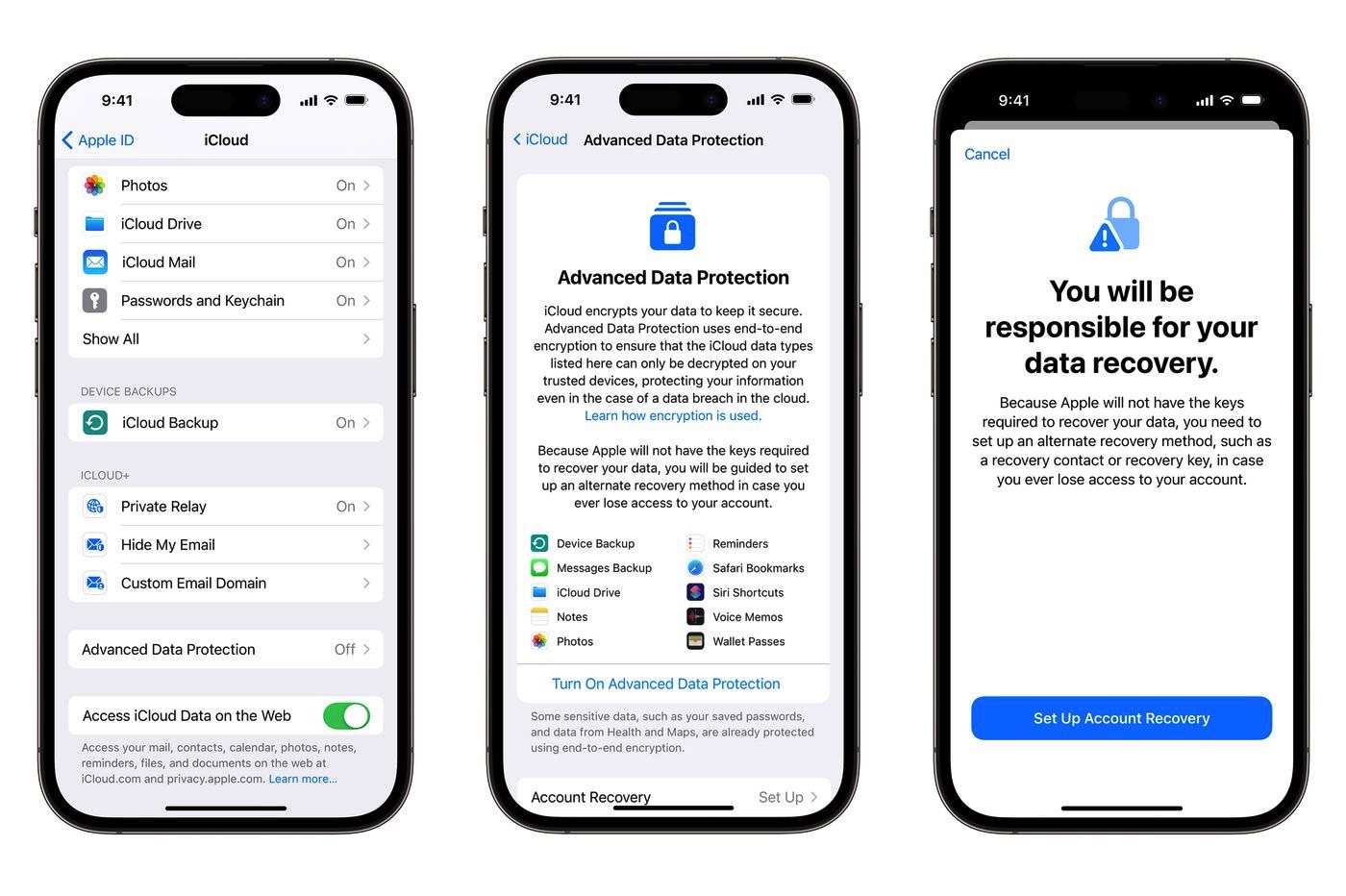
This week, Apple released iOS 16.3 and macOS Ventura 13.2, bringing with them a long-overdue feature: support for security keys for Apple IDs. This means that you can forego using the six-digit verification code that Apple typically sends to a different device and instead use a USB-C, Lightning, or NFC dongle as the second factor of authentication.
A physical key strengthens the two-factor authentication procedure, according to Apple, and helps stop codes from being intercepted or being asked for by an attacker. Your account authentication is literally in your hands when you use a security key; nobody else can access it. However, you risk being permanently locked out of your account if you misplace your trusted security keys.
Apple requires two FIDO Certified security keys in order to use the new feature, giving you a backup and preventing that from happening. The Feitan ePass K9 key and other YubiKey NFC, USB-C, and Lightning keys are among the recommended keys, though any FIDO Certified key with the right connector should work. NFC keys will only function on the iPhone, according to Apple, while USB-C keys should function with an iPhone when using a USB-C to Lightning adapter.
Additionally, the following Apple ID login features won’t function with security keys:
- You can’t sign into iCloud for Windows.
- You can’t sign into older devices that can’t be updated to iOS 16.3, iPadOS 16.3, or macOS 13.2.
- Child accounts and Managed Apple IDs aren’t supported.
Also not supported is an Apple Watch connected to a family member’s iPhone. According to Apple, using a security key requires setting up your watch with your own iPhone.
Once you get past all of that, the procedure is straightforward. Follow the instructions to register your key by going to the Settings app (System Settings on Macs), tapping your Apple ID name, followed by Password & Security and Add Security Keys. To continue using a security key, you must remain logged into all of your active devices. You will sign out of any devices running iOS 16.3, iPadOS 16.3, or macOS 13.2 once the process is complete.







